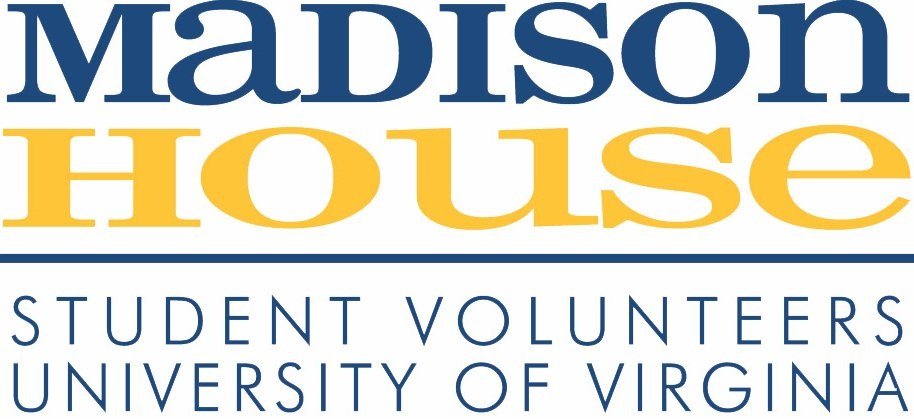Leemis was described by his family as having “a kind and compassionate heart” — someone who “enjoyed bringing music to others” through his eight years as an accomplished fifer in the Colonial Williamsburg Fifes and Drums Corps. During his time at the University, Leemis was a volunteer with Madison House, in addition to his work as a catering associate with U.Va. Dining.
FROM LOUISA TO LESOTHO TO MADAGASCAR, SERVICE TOPS COMFORT FOR ALUMNA
As a first-year student, Loyd got involved with Madison House almost immediately.
“It helped me connect to the community in Charlottesville and have some perspective on my own privilege and feel more like a community member,” she said. “I was not that comfortable in the social scene, in the sorority and fraternity scene. I felt a little bit like fish out of water. … I was a little overwhelmed.
“And so Madison House was a nice way for me to find my people and way of being.”
Once a week, Loyd made a 40-minute drive to Louisa with a fellow volunteer to tutor the teenager.
“I remember being really challenged by her in ways that were important for me to face,” said Loyd, who lost touch with the teen after college. “She would just stand up for herself a lot, kind of like, ‘I don’t want to do that and you have no idea how hard my life is.’
PASSOVER RITUAL TAKES ON DIFFERENT DIMENSIONS IN THIS UNIQUE RELIGIOUS STUDIES COURSE
“The students began to think incredibly creatively,” Ochs said. “They anticipated how technology would be used to sustain individuals and communities; they designed texts that could be used for virtual rituals.”
Prior to the pandemic, the students – many working in conjunction with Madison House – had been able to give back to the Charlottesville community in a number of ways, including mentoring young people with autism, volunteering at the Salvation Army and Goodwill, adopting a grandparent, teaching children to read and helping people with taxes.
From there, the students created their own Haggadahs, using the traditional text as their inspiration.








